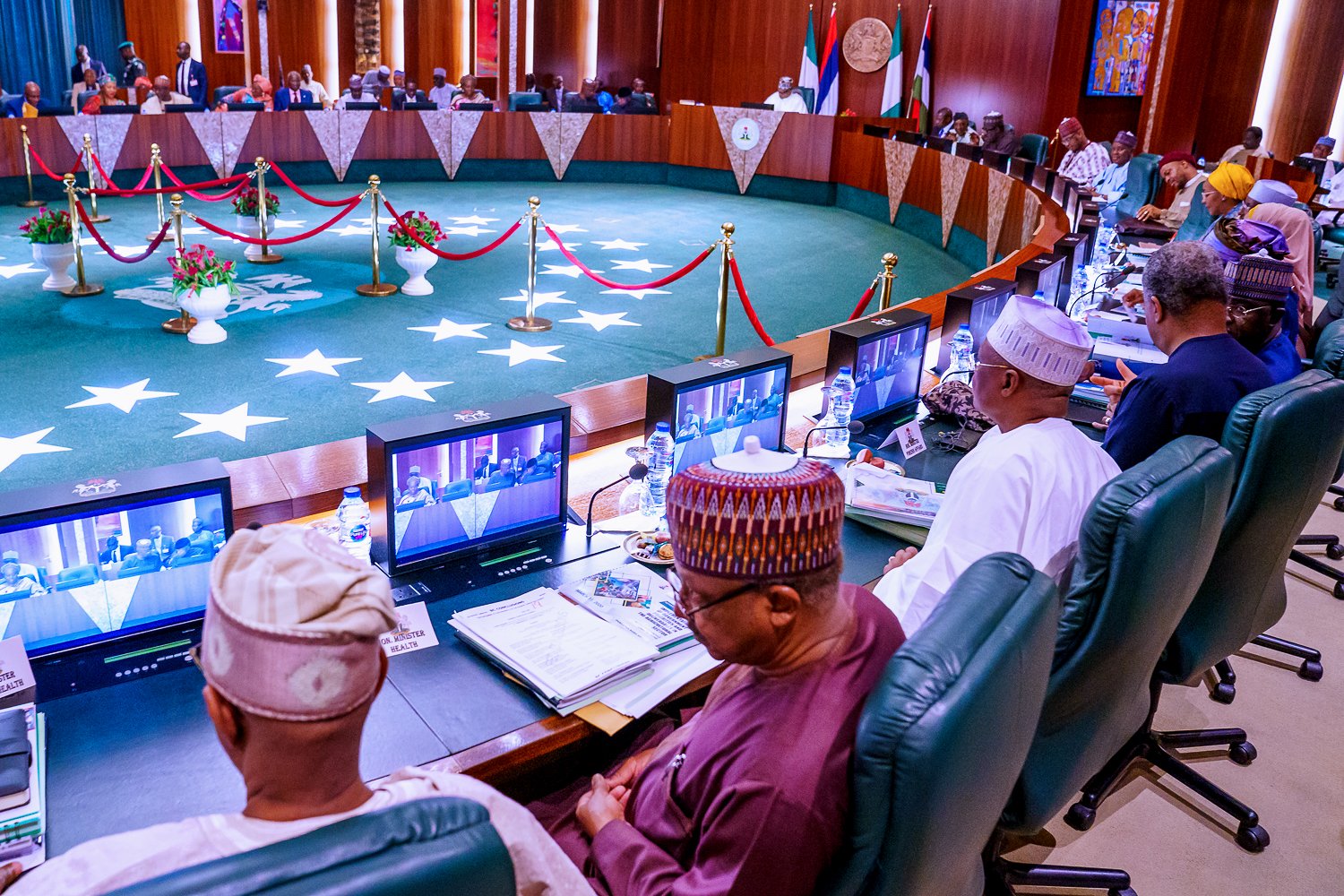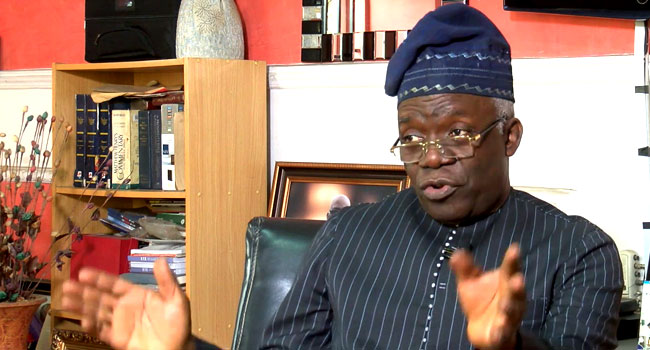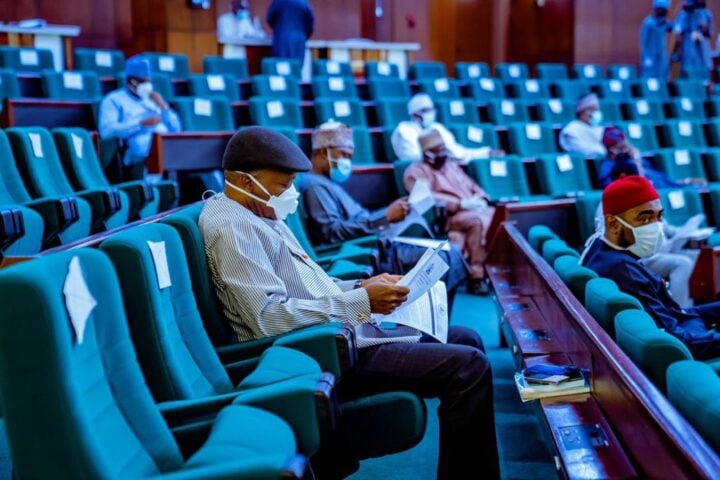A new survey has rated government as the least trusted institution in Nigeria.
The survey was conducted by Edelman Intelligence, the independent research arm of the Edelman global network which tests how well people trust the four critical institutions of the society to do what is right.
The four institutions were identified as government, business, media and non-governmental organisations.
The results of the survey is contained in the 20th Edelman Trust Barometer Survey Report, presented virtually by Jordan Rittenberry, chief executive officer of Edelman Africa, on Tuesday.
Advertisement
It said the government remains the least trusted with Nigerians having no confidence in the ability of current leaders to address the country’s challenges successfully.
Trust in chief executive officers of businesses as positive change agents rose while trust in NGOs and the media also increased, according to the supplementary data for Nigeria.
Although the degree of trust across the four institutions in the country increased compared to 2019, business still led with 91 percent, followed by NGOs with 87 percent, media with 84 percent then government with 55 percent.
Advertisement
Among the all-female panel that analysed the survey are Maryam Uwais, special adviser to President Muhammadu Buhari on social protection; Folashade Ambrose Medebem, director, public Affairs, Lafarge Plc; Stella Din Jacobs, director of News, TVC; and Yemi Adamolekun, the convener, Enough is Enough.
The panelists discussed the survey report and its implications for their respective constituencies and Nigeria at large, in line with the theme, “Competence and Ethics.”
Uwais said there is a high level of cynicism and skepticism among government officials.
She said although there are people who believe in government policies, those who don’t are bold in expressing their beliefs.
Advertisement
“As a government official, I have found out that there’s a high level of cynicism; scepticism that runs through. This is probably what accounts for the 55 per cent trust, but I have also found that there are people who are very positive and who are very focused on doing what is right,” she said.
“But there’s a loud minority. The ongoing probe of the affairs of NDDC allows us to send a strong signal to curtail all of these, to make it a defining moment on how you address problems that are quite entrenched in the Nigerian political system.”
On her part, Ademolakun said the poor level of transparency is responsible for the little trust Nigerians have for their government.
She called for increased accountability and transparency as well as prompt dissemination of information.
Advertisement
“When you have a process that lays things bare, so it is not just government that’s telling you one thing, you also have a government willing to have third parties look into their activities. This builds trust because the narrative coming from third party validates what you are doing,” she said.
“Our legislative arm doesn’t have a budget. They haven’t published their budget since 2017. Before 2017, the last time they published was seven years before that. So, if you have a legislative arm whose role is to provide oversight function over the other arms of government who are not transparent on how they spend the money it sets a wrong tone in terms of transparency and accountability.”
Advertisement
Add a comment






